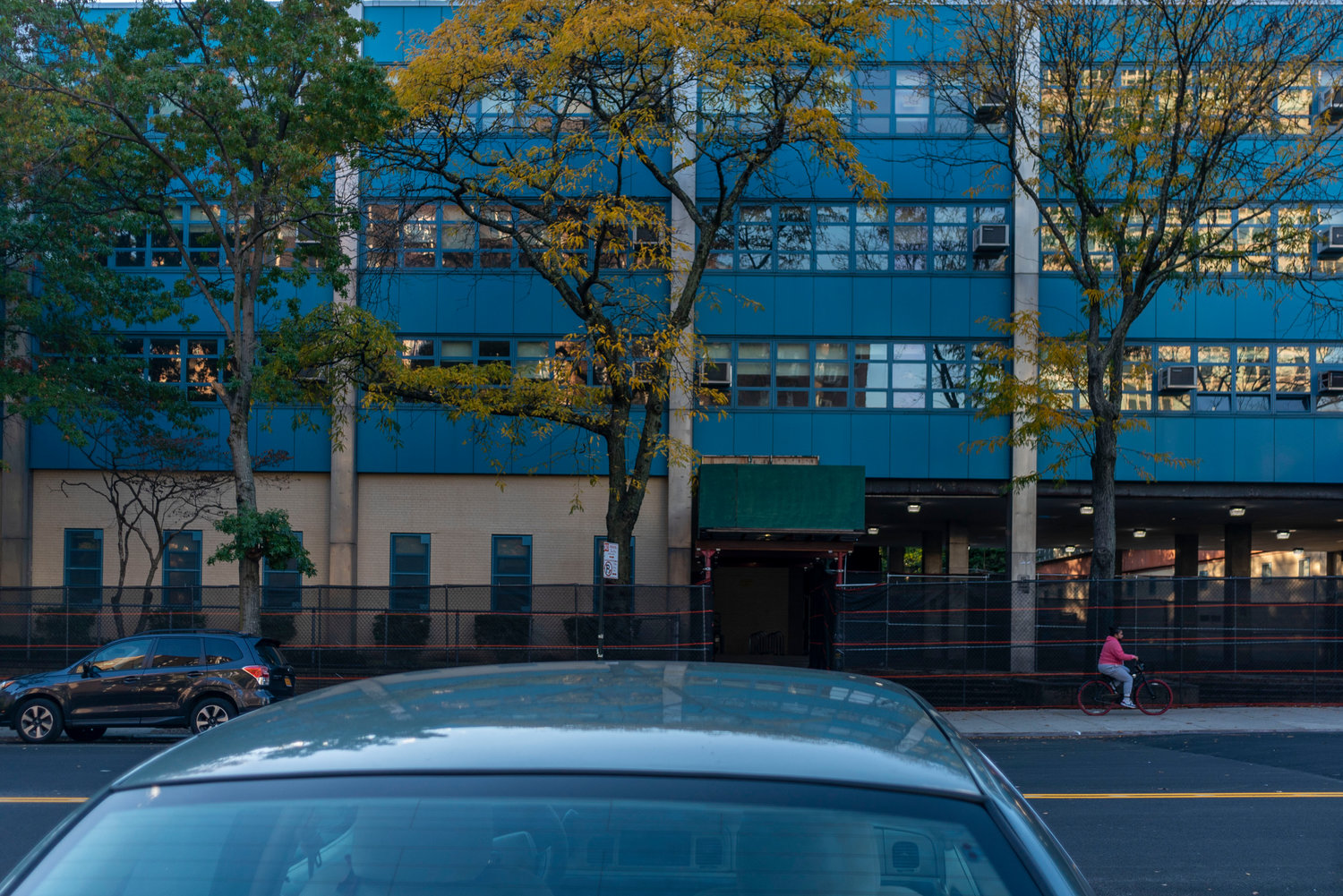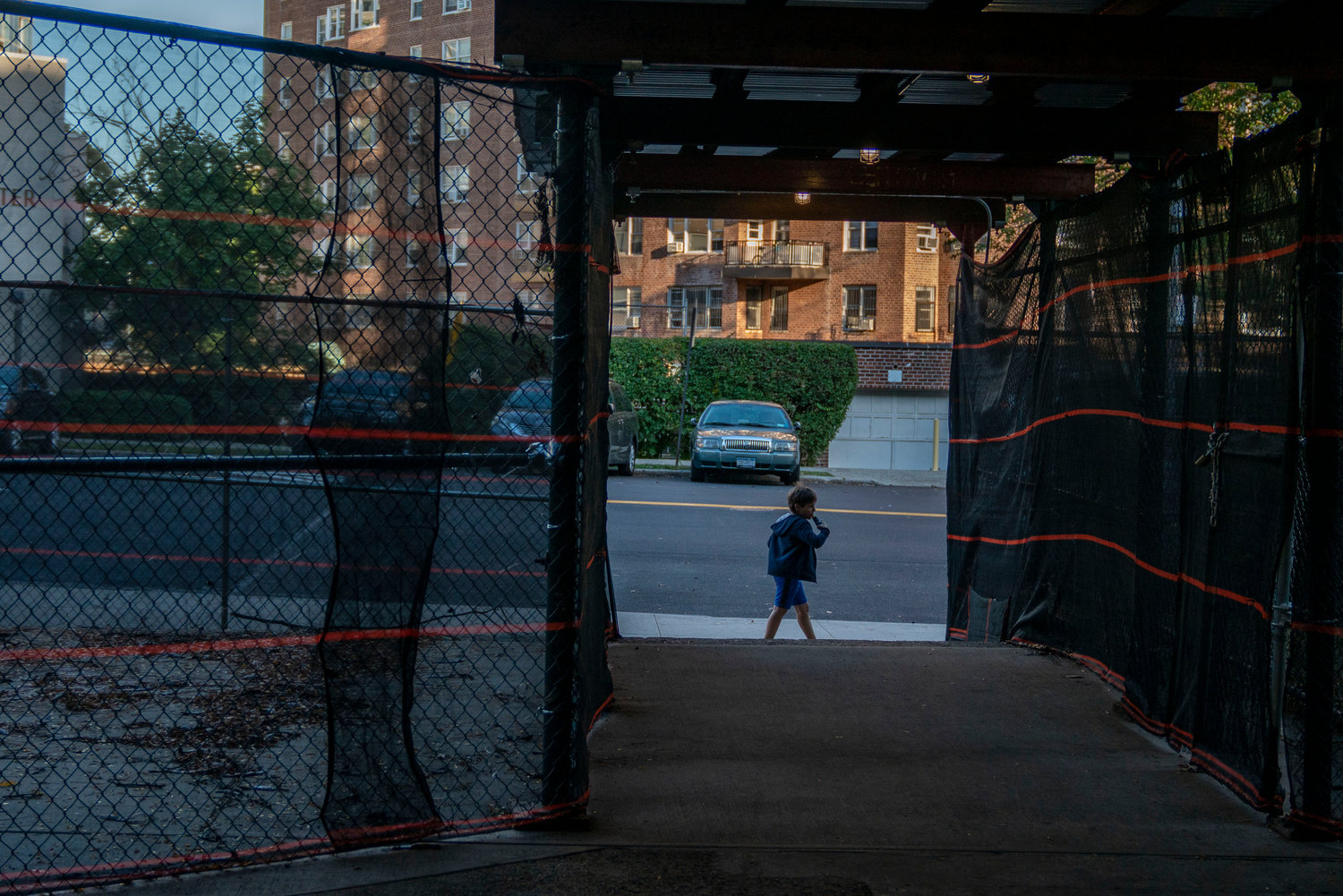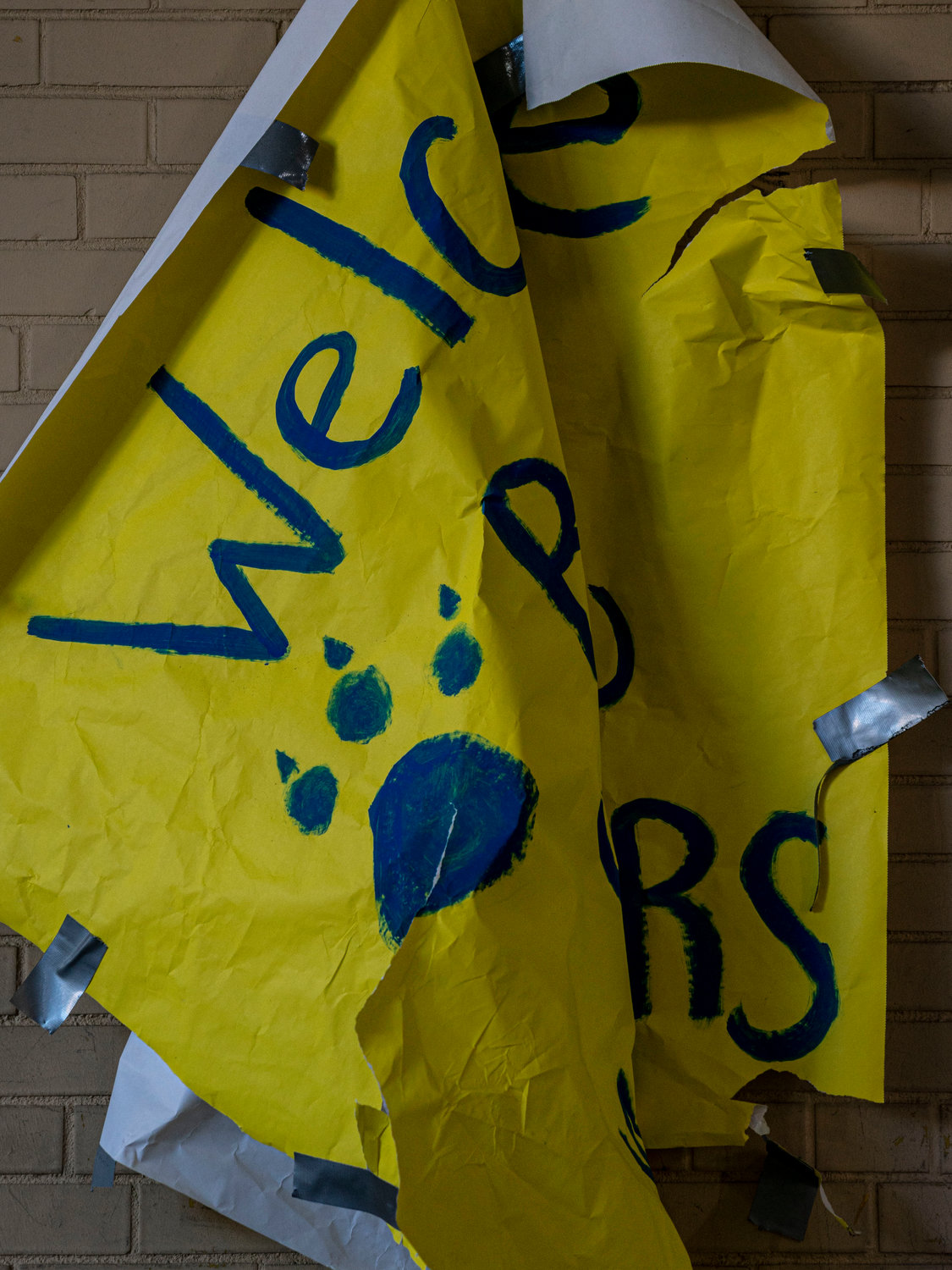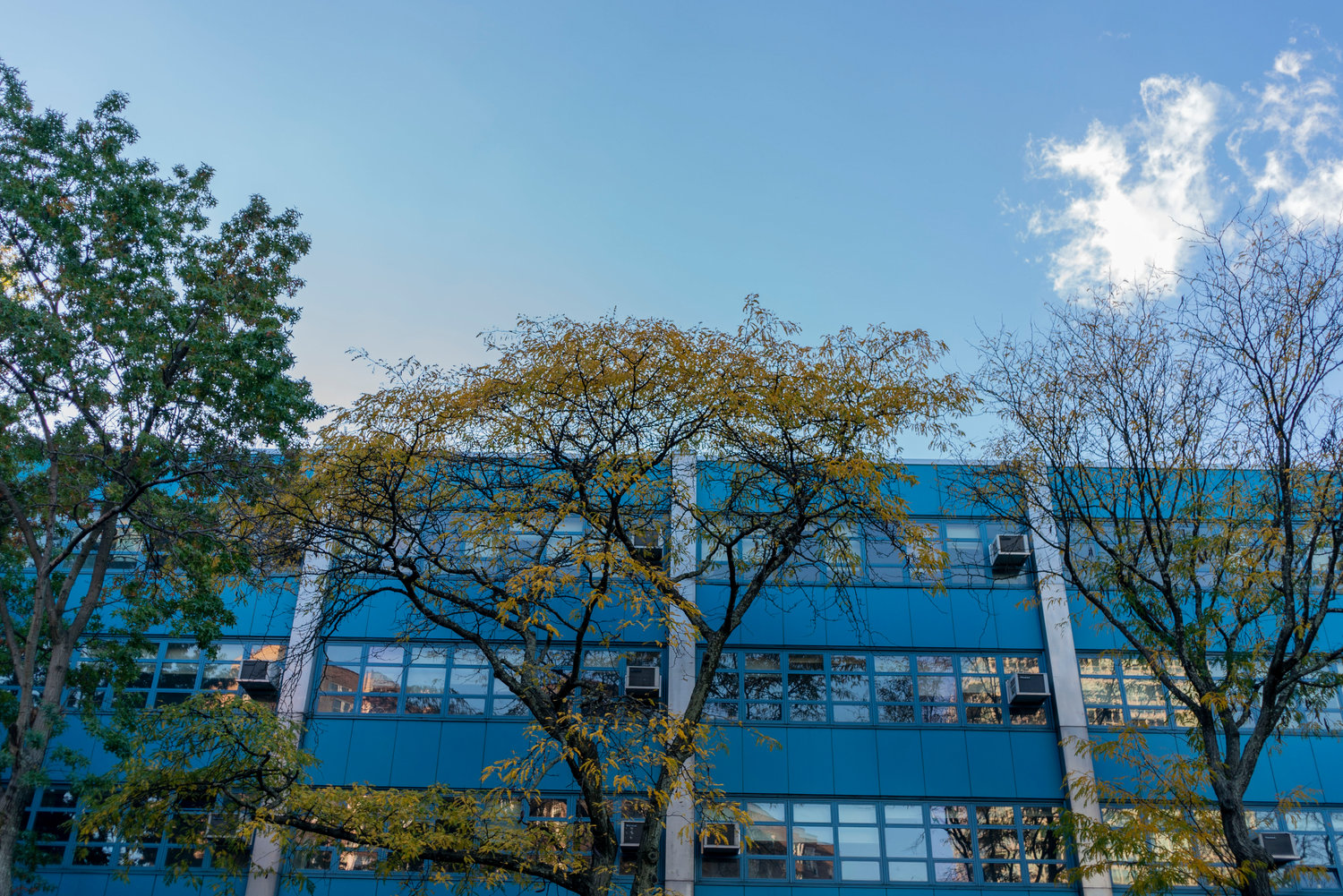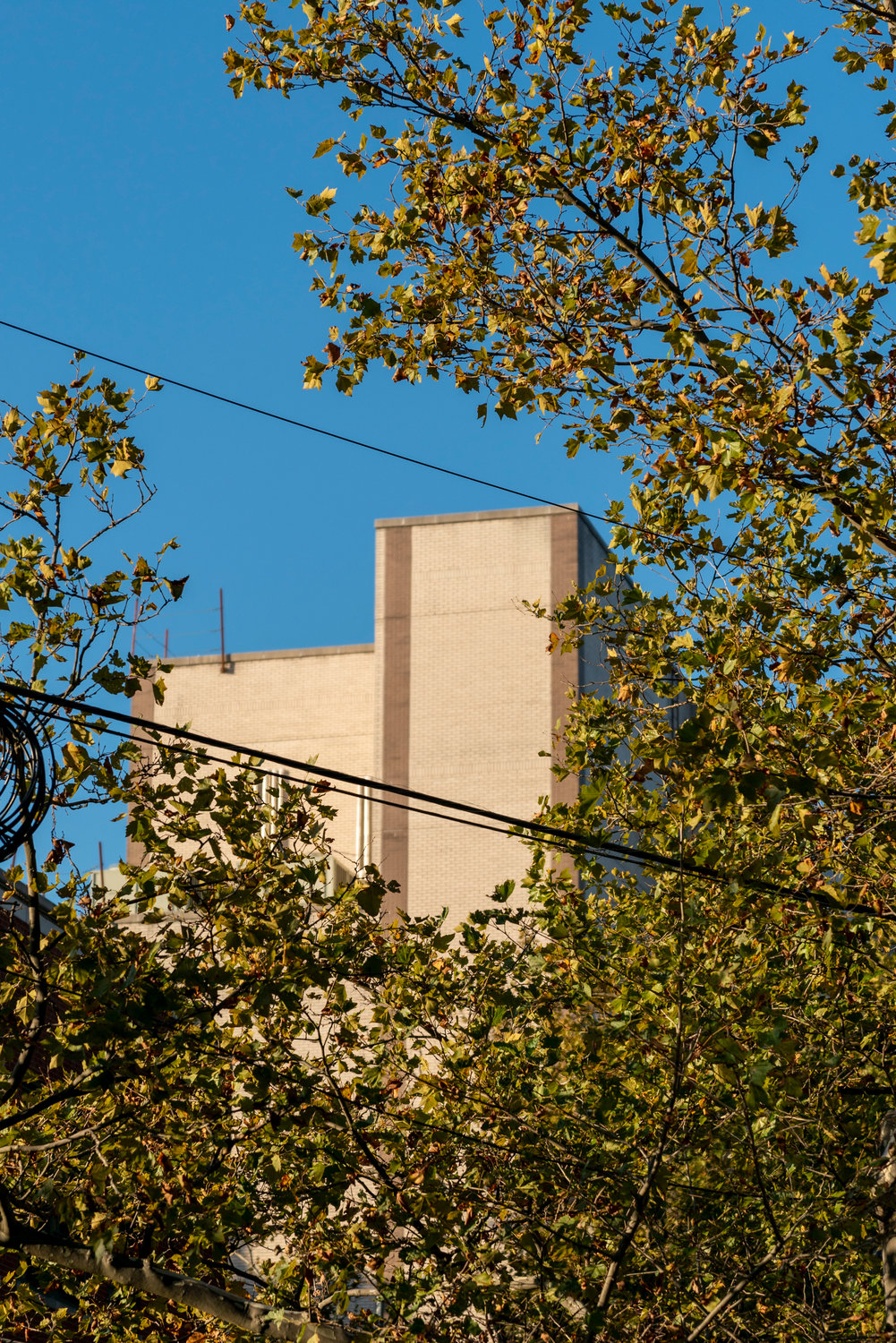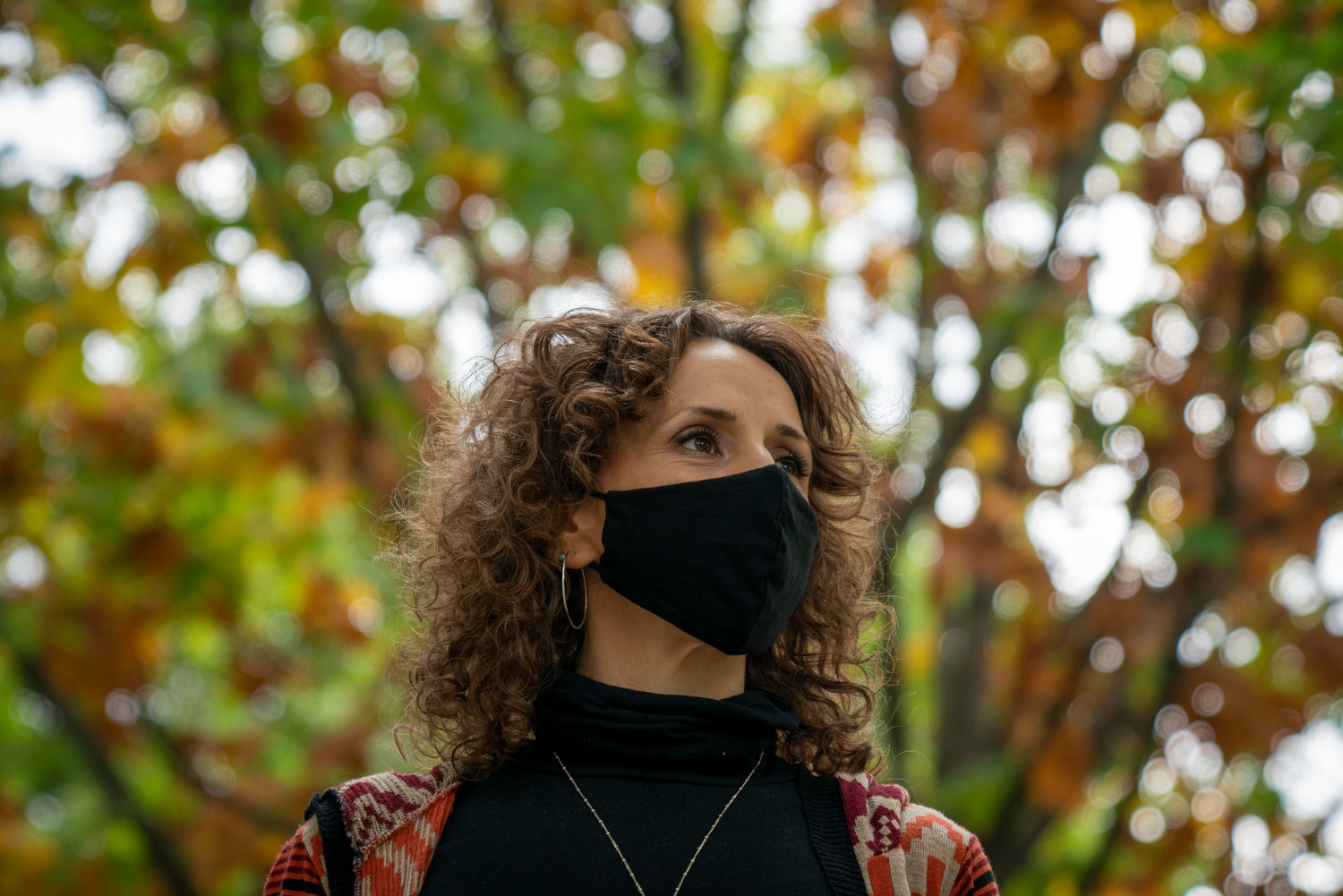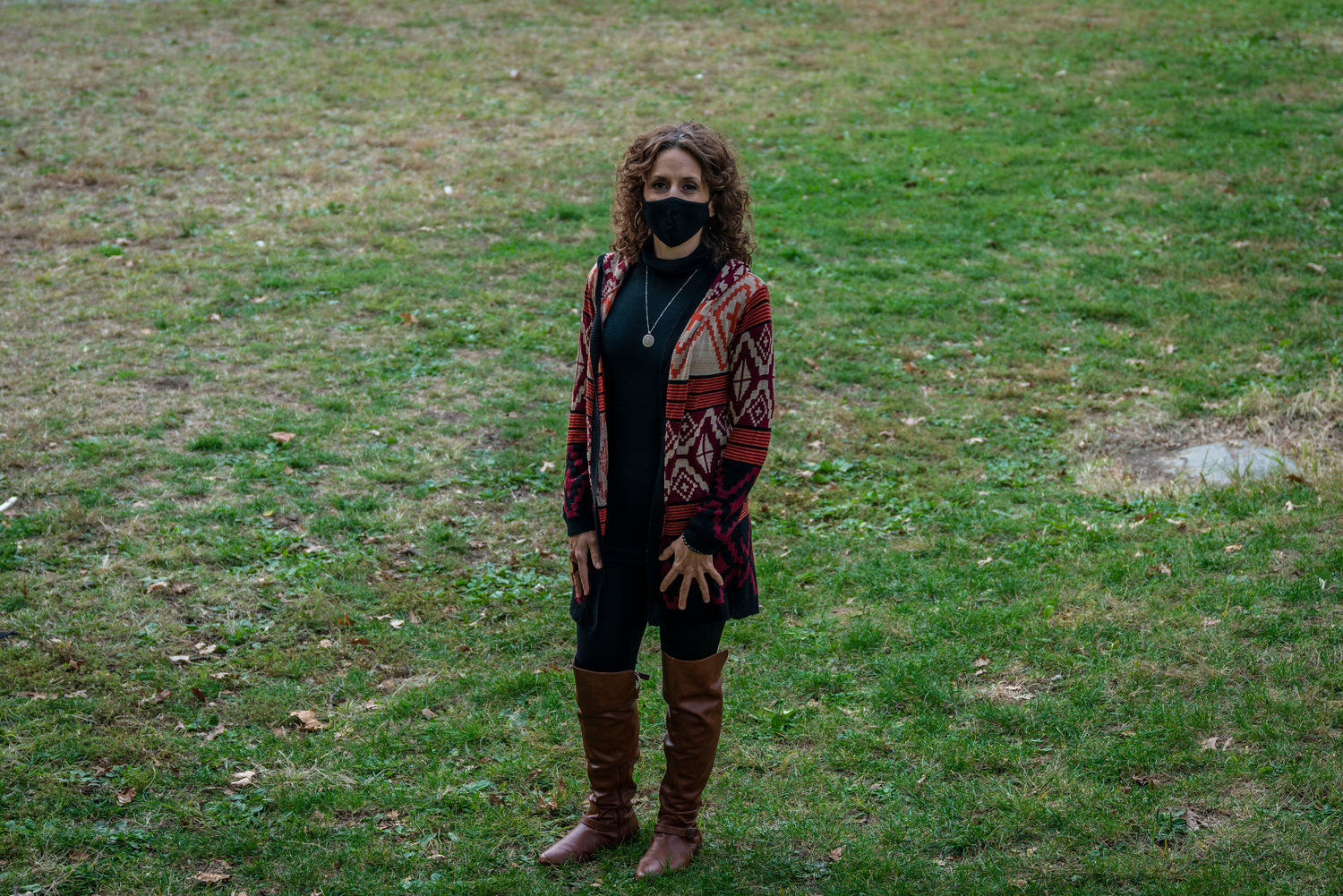Payback time for public school teachers?
Teachers receive half of what they’re owed now, the rest next July
After years of a job well done, Michael Bloomberg saw fit to give most city employees a raise — along with renewed contracts — while he was still mayor in 2009. But there was one cohort of workers left out: public school teachers.
They’d get their “raise” sooner or later — but it would be in a different form. Once Bloomberg left office in 2014, Mayor Bill de Blasio worked out another solution with the leadership of the United Federation of Teachers, the city’s public school teachers’ union. Rather than a traditional raise, the city decided to make a retroactive payment from Bloomberg’s 2009 raise. It would come in one lump sum, and because the city wanted to ensure it had enough to pay all teachers what they were owed, they’d have to wait a few more years for that money to accumulate.
It was all supposed to pay off this month. But neither Bloomberg nor de Blasio had a crystal ball, with the ability to look into the future and see what the world would be like in late 2020. So the coronavirus claimed yet another victim: Public school teachers would not receive the money they’ve waited more than a decade for.
The outcry was nearly immediate. While teachers were split over returning to school during a pandemic, there were no divisions when it came to this lost money.
“When you get very conservative teachers who did nothing this summer — marched in no marches (and) no protests — starting to tweet out that they want to strike when their money is snatched, now you know you just made everybody mad,” said Aixa Rodriguez, an English as a second language teacher in Manhattan.
COVID-19 or no COVID-19, canceling this long-awaited lump sum payment just continues the Bloomberg policy of treating public school teachers as second-class employees, Rodriguez said. It seems whenever the time comes for budget cuts, one of the first departments on the chopping is education.
“We are always asked to sacrifice,” Rodriguez said. “No other union has bent over like this.”
Christine Vaccaro notes a double standard between teachers and other city employees, especially when the Riverdale/Kingsbridge Academy English teacher considers the gender divide.
“I don’t think it’s an accident that we’re dealing with a work force here that’s 75 percent female and we’re having this issue,” Vaccaro said. “I have a hard time seeing this happen with cops and firemen.”
It would take arbitration to settle this dispute between UFT leadership and the city. Teachers would receive half of their promised backpay at the end of October. They’d receive the other half next July. And there would be no teacher layoffs during the in-between period.
According to Chalkbeat, the city owes its teachers nearly $900 million in backpay. And with that sum essentially just sitting in the coffers — at least until the end of the month — some city officials eyed the backpay as a potential solution to its money woes.
While half is probably better than none, many teachers already started spending the money, Vaccaro said, expecting it would soon be in their bank accounts. They made down payments on apartments or houses, for example, with no reason to believe they wouldn’t be paid, despite the pandemic.
“For mostly everybody I know, that money has been spent,” Vaccaro said. “We knew it was coming for years.”
Rodriguez taught in city public schools for more than a decade. As a result, she’s personally looking at thousands of dollars in retroactive pay, compared to some of her newer colleagues. It’s essentially operated as an incentive to remain in the system, especially after what was termed an “exodus” of teachers from public schools in 2014.
“This backpay was supposed to keep people in the city and stop them from going to other school districts,” Rodriguez said. “A lot of people who would’ve left stayed to get the lump sum that we were waiting for.”
There were high hopes with de Blasio, who seemed to have a far more harmonious relationship with UFT than Bloomberg, Rodriguez said. However, that rapport with de Blasio grew more volatile during school reopening negotiations during the pandemic.
Nevertheless, union president Michael Mulgrew made a number of concessions to de Blasio, like calling off a threatened strike and compromising on the UFT’s originally proposed reopening plan — which originally mandated coronavirus testing for all students and school personnel. When it came time for the city to return the favor with backpay, Rodriguez said, it didn’t happen.
Rodriguez represents some of the split inside the union as a member of the MORE caucus — Movement of Rank-and-File Educators —within the UFT. While her caucus usually stands opposed to Mulgrew and his own caucus, Rodriguez recognized he was just as surprised by the city’s initial decision to not deliver retroactive pay as the rest of the union.
“After really showing his allyship to de Blasio, sitting at a dais with him in solidarity with him by opening the schools, de Blasio hit him with the one-two and snatched that rug from underneath him,” Rodriguez said.
The trust between the union and the city may be shattered now. As a result, Rodriguez thinks the UFT will now read new contracts with a finer-tooth comb than they have in the past, almost assuring no contract might be an automatic given now.
It’s not just about money, Vaccaro said. Rather, it’s about a broken promise, and the fact that many teachers’ financial decisions have been upended and rearranged by the city reneging on a deal.
“Nobody goes into teaching for the money, that’s not why we do this,” the RKA teacher said. “But this was money that was owed to us. It’s money that we earned — many of us, before the students were even born.”

